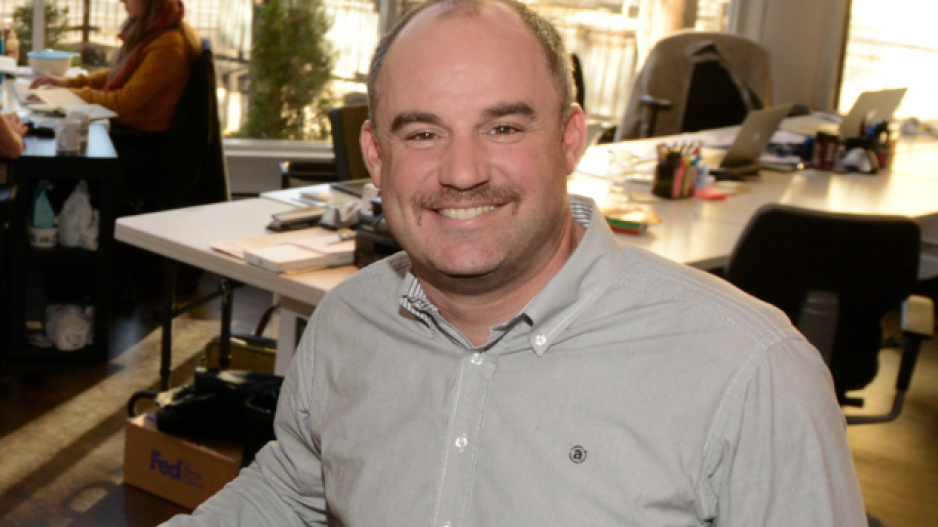Before Food.ee can conquer Canada, it must first conquer Toronto.
That’s the idea behind the Vancouver-based food tech company’s October launch in Ontario, according to CEO Ryan Spong.
Food.ee came out of the former GrowLab business accelerator, which merged with Toronto’s Extreme Startups in August to form the Highline accelerator. When it came time to expand its high-end lunch delivery service to the economic capital of Canada, Spong said it made sense to use Highline’s Toronto infrastructure.
It’s the type of synergy – not cutthroat competitiveness – between the startup communities in the two cities that Highline CEO Marcus Daniels envisioned would result from the merger.
“It seems that these Rockies have been blocking more cross-pollination between east and west.”
Daniels added that the short flight to the venture capital-rich Silicon Valley has made it less tempting for Vancouver startups to look east for partnerships.
A 2012 Startup Genome report compiled data on 50,000 startups from around the world and released a ranking of the top 20 startup ecosystems.
Toronto ranked eight; Vancouver ranked ninth.
“If you put them together, we’re clearly a top-five ecosystem globally,” said Daniels.
Highline’s goal is to help startups generate $10 billion in economic value over the next decade. Daniels doesn’t see that happening if Toronto and Vancouver are competing against each other.
“It’s going to be a 1+1=3 scenario,” he said.
But Ray Walia, executive director of the Vancouver-based Launch Academy business incubator, said even a combined Vancouver-Toronto ecosystem would be up against tough competition.
“No matter who you are, outside of San Francisco and possibly New York, you will always be a secondary market when it comes to technology ecosystems,” he said.
Walia is co-organizing the November 21 Cascadia Summit, which is drawing investors to check out 40 of the region’s top startups.
“The Pacific Northwest and Cascadia region have so much more in common with each other than we do, say, with our counterparts on the East Coast, that it makes sense for us to collaborate and work together on a more [regular] basis,” Walia said.
He’s not against partnerships with Toronto-based organizations, but said it makes more sense to find out what regions excel at and build organic startup communities from there.
A cohesive Cascadian startup ecosystem – one that exists in the same time zone as the undisputed champion Silicon Valley – makes sense to Walia.
“Vancouver has a huge potential. We don’t want to be another Silicon Valley.”
But Salim Teja, executive vice-president of ventures for Toronto’s MaRS Discovery District, said there is still a lot of untapped potential when it comes to collaborations between his city’s startup community and Vancouver’s.
Since founding in 2005, MaRS has developed a 1.5-million-square-foot innovation hub – the largest in North America – that houses about 1,000 startups.
Teja said Toronto’s access to more investment capital, a deeper talent pool and more industries make MaRS an ideal place for an early stage company to launch from.
But he added that an increasing number of Toronto startups are looking closer at Vancouver and its proximity to tech hotbeds like Seattle, San Francisco and Asia.
“What we need to do is start to identify these regional centres of expertise and really start to raise awareness for Canada as a whole,” Teja said.
“Canada’s geography makes us tougher to co-ordinate, so I think we need to self co-ordinate to get our message out there, get the investors and the talent and the companies looking up north.”




